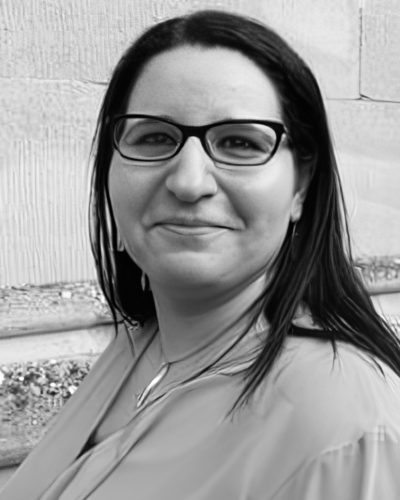Improving Climate Models with Machine Learning
Featured Experts

Laure Zanna
M2LInES Lead Investigator

Laure Zanna
M2LInES Lead Investigator
Dr. Laure Zanna is a Professor in Mathematics & Atmosphere/Ocean Science at the Courant Institute, New York University and the lead principal investigator of the NSF-NOAA Climate Process Team on Ocean Transport and Eddy Energy, and M2LInES – an international effort to improve climate models with scientific machine learning.
In this Episode
Most climate models in use today are based upon large-scale, well-understood physical relationships that drive global temperature and precipitation trends.
But the effects of complicated interactions that occur on smaller scales, which may still be significant, are harder to capture in these models.
That is why Dr. Laure Zanna of New York University and her colleagues are employing machine learning techniques, which can “learn” the effects of these interactions without explicitly solving the physics, to improve climate modeling. Climate Now spoke with Dr. Zanna to learn more.

